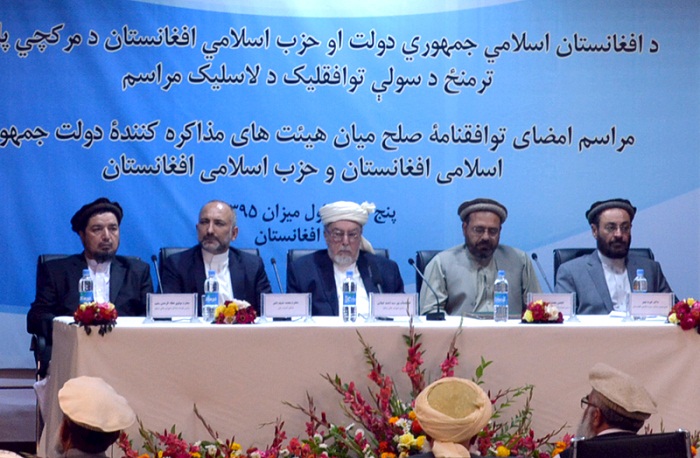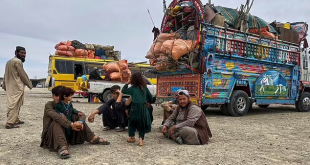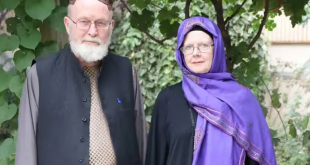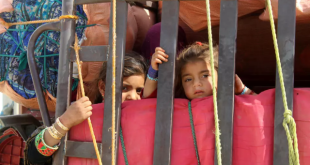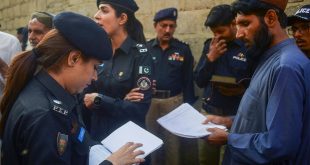By Farhad Naibkhel-KABUL: A report, released by the Afghan Institute for Strategic Studies (AISS), underlined inflexibility in stance of the warring parties difficult conditions for dialogue and lack of will as main obstacles in the Afghan peace process.
The report titled “Peace negotiation assessment in Afghanistan in the past four decades” is a grounded methodology report drafted after interviewing different politicians and highly educated people. According the report, both the Afghan government and the Taliban have chosen wrong addresses to build a consensus.
The report’s findings showed that lack of will by the United States, its allies as well as inside the government of Afghanistan. These governments emphasized on success through war. Inflexibility in stance of the parties involved in the conflicts is a clear reason for unsuccessful peace process.
Researcher, Mohammad Qasem Wafaeezada, said the Afghan government and the Taliban should talk directly to build consensus and reach agreement on peace mechanism.
He said that flexibility in stance of the government and militant group as well as ensuring justice and equality would prove helpful in making the reconciliation process successful.
Wafaeezada said that good will and serious efforts are required from both sides to bring peace and stability to the country.
Ex-spokesman of the defense ministry Zahir Azimi said that all parties had to play their role to bring peace. Azimi, who is working as a military analyst, said that major countries of the world should come together to bring peace in Afghanistan.
“War in Afghanistan is dramatically influenced by the external and internal factors which at every stages and phases of the conflicts in the country had a role in the perpetuation of war and violence. On one hand, given the dynamics of developments and preservation of the regional policies, the competition between the great powers and also the social and political changes in Afghanistan and the transformation process in the country, type and level of these factors involvement have been different during these four decades,” the report said.
According to the report, taking a journey to wrong address to bring peace and stability back to the country is a major problem. The Taliban do not want to negotiate with the Afghan government. Similarly, the US and Afghan government are also reluctant to talk directly to the insurgent group that’s why they relied heavily on Pakistan.
On the other hand, during these four decades, the continuation of war and internal problems tangled with the outer interests that caused the complexity of the internal and external factors that eventually rose as one of the main factors for the perpetuation of war and violence and an obstacle for achieving peace and stability in the country, the report said.
“Furthermore, the weakness and inefficiency of many governments in the region and the presence of non-state actors are also part of the impediments to peace and the reason for the perpetuation of violence in the region, especially in Afghanistan. Today, terrorist and extremist groups using the ongoing tensions between the governments and the opportunities and grounds which are the results of the governments’ failures, to drown the entire region into turmoil and chaos. In such circumstances, terrorist groups and non-state actors, break borders and appear as assets of one of the regional or world powers,” the report pointed out.
Part of the challenges facing peace process is also related to the crisis of identity and ethnic conflicts which is rooted beyond the borders, in the structures of the regional states. The issues of identity and ethnicity, on the one hand, undermines the role of national institutions and on the other hand, ties the internal rivalries with the regional competitions and disputes through highlighting the common historical roots and the value of protecting and supporting the ancient cousins. In this regard, Afghanistan remains very vulnerable and is still unable to effectively overcome the issues of identity and ethnicity. This research shows that in addition to the ethnic policies of the leaders and elites and existence of some level of monopoly in the political structure, the expansion of corruption and injustice in different levels, as well as the government’s inability to provide basic needs of the people, are involved in flaming mass discontent, the report mentioned.
According to the majority of the interviewees, underdevelopment and poverty would also drive part of the society towards violence and extremist groups such as the Taliban, or because of that, some people try to foment the insecurity and provide the illegal livelihood for themselves. For the mafia and the informal economy, the extension of insecurity means the extension of domain and opportunities which helps the escalation of illegal economy without fear of prosecution. In such situation, this group can generate huge incomes and accumulate the mafia economy with an open hand, said the report.
 Afghanistan Times
Afghanistan Times
